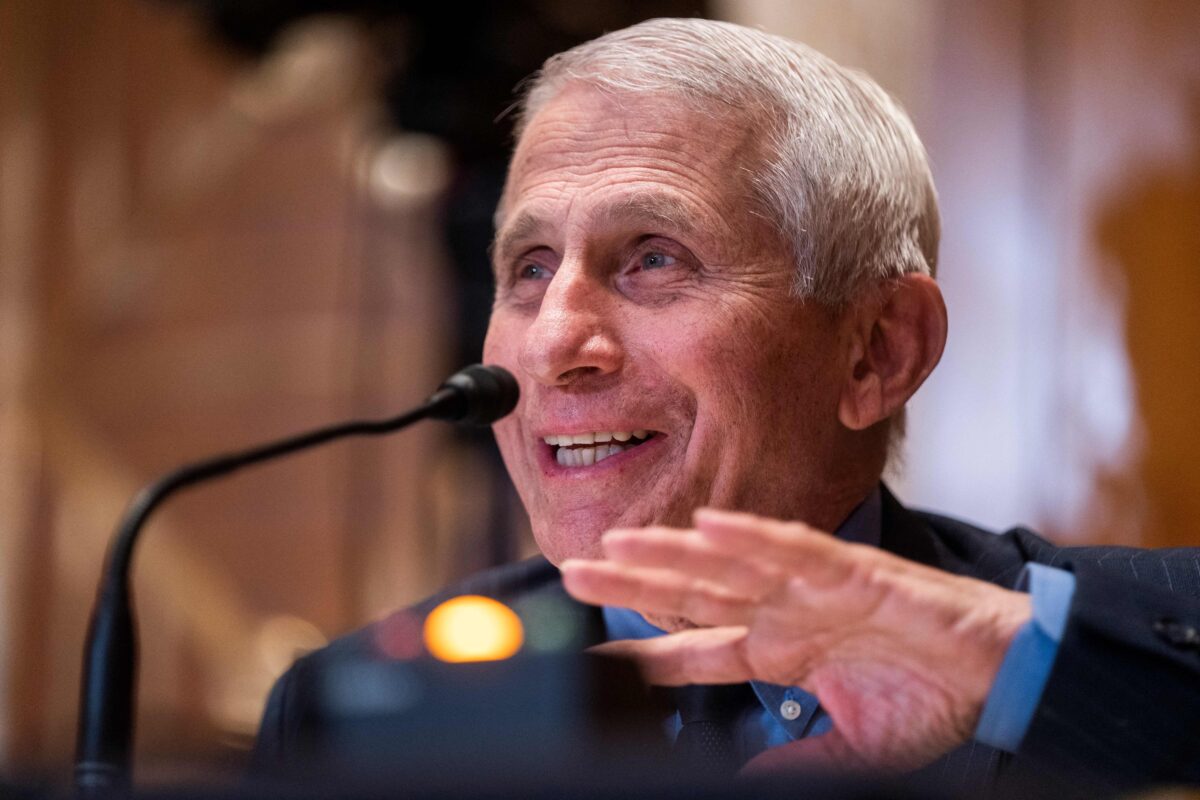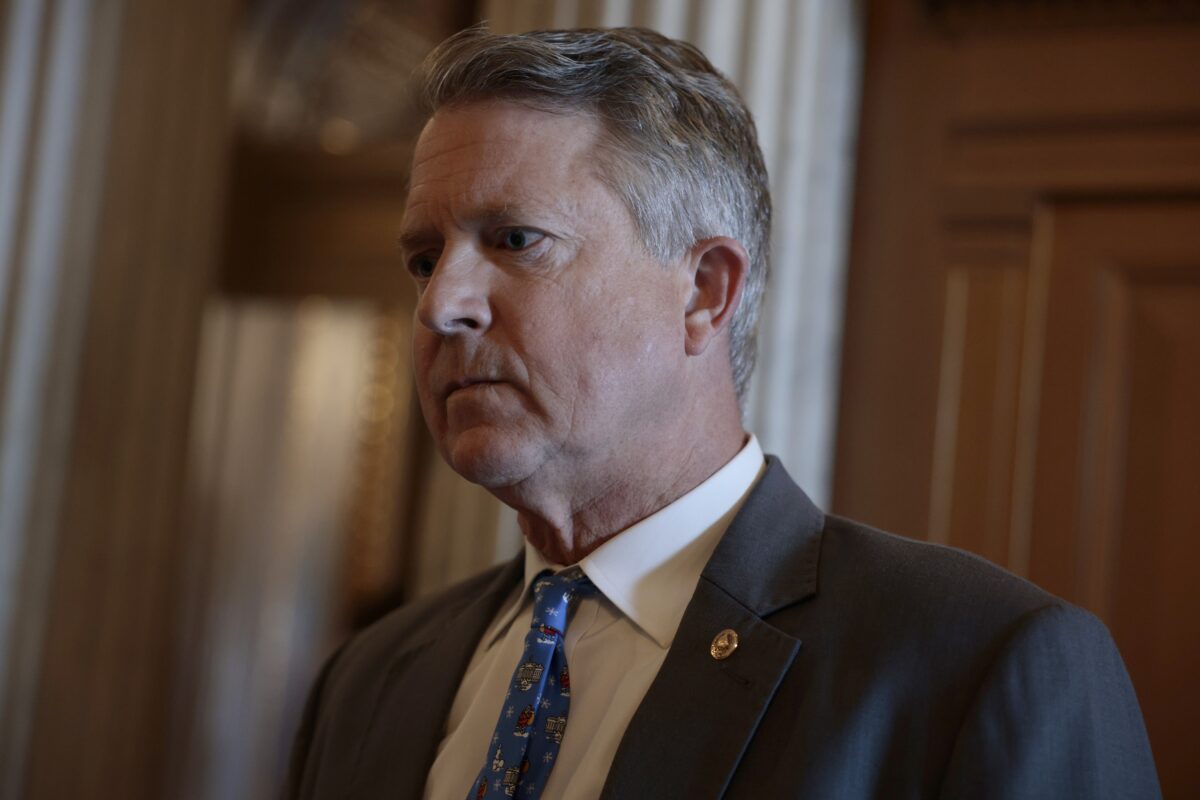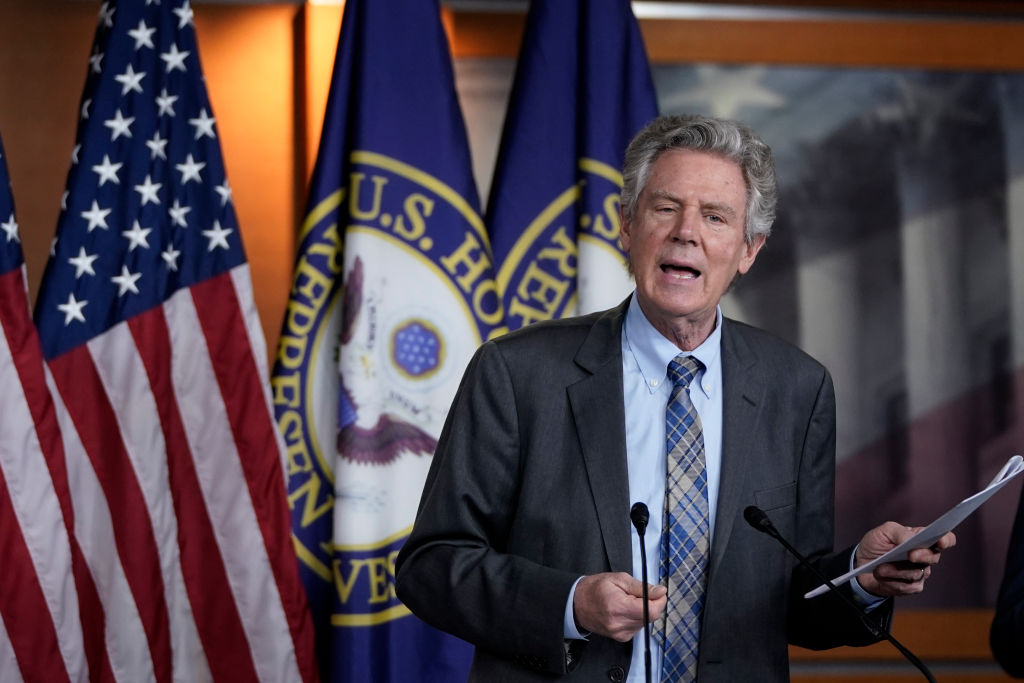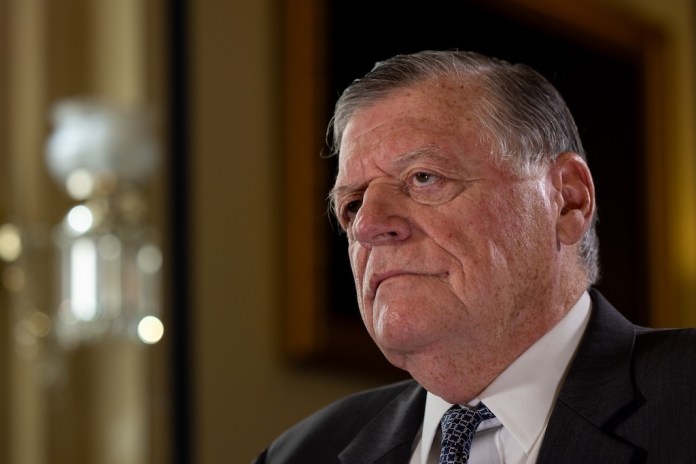House Worries About Lab Safety After COVID Pandemic
Experts Discuss Steps to Prevent Future Pandemics
Over three years after the outbreak of the COVID-19 pandemic, biosafety experts told the House what steps might reduce the likelihood of a similar disaster.
“We still do not know how the COVID-19 pandemic started. However, more information has heightened our suspicions that the origin of the pandemic was linked to a lab incident,” said Rep. Cathy McMorris Rodgers (R-Wash.), chair of the House Energy and Commerce Committee, in her opening statement at an April 27 hearing of that committee’s oversight subcommittee.
The lab leak theory was often dismissed during the early stages of the pandemic, with Dr. Anthony Fauci denouncing the notion of a lab leak in April 2020 as a “destructive conspiracy theory.”

Yet, official opinions have shifted.
The Department of Energy and many scientists now believe COVID-19 originated with a lab leak in China.
A recent COVID-19 origins report released by Sen. Roger Marshall (R-Kan.), a medical doctor, concluded that “the preponderance of information supports the plausibility of an unintentional research-related incident.”

Suspicions have fallen on the Wuhan Institute of Virology, which received funding from the U.S. National Institutes of Health (NIH) via EcoHealth Alliance.
Subcommittee Chair Morgan Griffith (R-Va.) said in his opening statement that NIH has “stonewalled and slow-walked our document requests related to Ecohealth Alliance grants.”
While Republicans criticized the NIH, Democrats used their opening remarks to defend America’s major federal scientific institutions.
“We also need to discuss the training and safety measures that are already in place in high-containment labs to reduce risk,” said Rep. Frank Pallone (D-N.J.), the committee’s ranking member.

Several years after outspoken scientific defectors on the COVID-19 consensus faced censorship, termination, and other negative consequences for speaking out, Pallone told his colleagues that the current “tenor” of the debate on biosafety and biosecurity “is having a chilling effect on scientific research.”
“We have seen scientists, including some of our top public health officials, maligned, marginalized, taken out of context, and accused of covering up the origins of COVID-19,” he said.
Subcommittee Ranking Member Kathy Castor (D-Fla.) suggested that some proposals floated by Republicans could undercut America’s global leadership on science.
“If America does not lead the world in infectious disease research, the CCP [Chinese Communist Party] will try to fill that role,” she said.
US vs World
Gregory Koblentz, an associate professor and biodefense expert at George Mason University, detailed the United States’ performance on biosafety and biosecurity in written testimony.
On biosafety–the specific practices used to handle biological agents at minimal risk–the United States does well, along with most other countries Koblentz studied.
On biosecurity–the steps taken to “protect microbial agents from loss, theft, diversion or intentional misuse”–the U.S. is tied for #1, but the global
" Conservative News Daily does not always share or support the views and opinions expressed here; they are just those of the writer."




